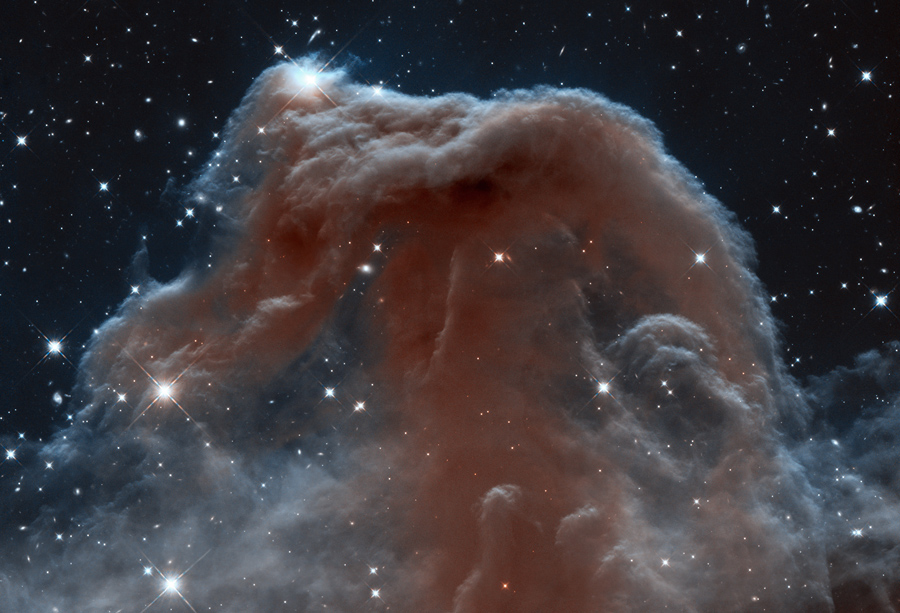When I first came to Denver after accepting the position of University Chaplain, a friend and her husband drove me around Denver, showing me the various neighborhoods (mostly south of Cherry Creek) that I might want to take in consideration when relocating. Washington Park. University Park. Southmoor. They had all sorts of recommendations (for example, "Don't live south of C470 -- too far from DU"). But their final comment was the one that I the best: "Wherever you decide to live, make sure you can see the mountains every day."* Fortunately, given where we ended up living, every day, I come down a hill looking straight across the S. Platte valley at the Front Range. And, this time of year, as the Rockies put on their white winter coat, the view is spectacular, and guaranteed to lift my spirit.
This may be, partly, because I grew up in one of the 'burbs of Portland, OR. To the east was Oregon's tallest peak, Mt. Hood. Depending on where we were, we could see mountains on the north side of the Columbia River: Mt. Adams and (pre-eruption) Mt. St. Helens. These peaks in the Cascade Range are not as high as those in the Rockies (the highest is Washington's Mt. Rainier, the only 14er in the range, I think). But, given that they "start" at sea level, an, as volcanos, are more isolated, they are equally dramatic as those I can see on my commute to DU.
What is it about "place" that can be so central to who/what we are? My wife didn't like driving through North Carolina (at least the roads) when we lived there because the vegetation kept her from seeing the horizon (she grew up in the Central Valley of California -- no obstructions to the west and the Coast Range; no obstructions to the east and the Sierra Nevadas). On the other hand, I've heard of folks who come to Colorado from the big cities and suffer from a form of agoraphobia -- too much wide open space.
Namasté,
This may be, partly, because I grew up in one of the 'burbs of Portland, OR. To the east was Oregon's tallest peak, Mt. Hood. Depending on where we were, we could see mountains on the north side of the Columbia River: Mt. Adams and (pre-eruption) Mt. St. Helens. These peaks in the Cascade Range are not as high as those in the Rockies (the highest is Washington's Mt. Rainier, the only 14er in the range, I think). But, given that they "start" at sea level, an, as volcanos, are more isolated, they are equally dramatic as those I can see on my commute to DU.
What is it about "place" that can be so central to who/what we are? My wife didn't like driving through North Carolina (at least the roads) when we lived there because the vegetation kept her from seeing the horizon (she grew up in the Central Valley of California -- no obstructions to the west and the Coast Range; no obstructions to the east and the Sierra Nevadas). On the other hand, I've heard of folks who come to Colorado from the big cities and suffer from a form of agoraphobia -- too much wide open space.
The question/sense of "space" or "place" is an important feature in the miniseries Gods and Generals (about the beginnings of the Civil War). At one point in the film, Gen. Robert E. Lee tells one of his subordinates that the "Yankees" are only concerned about lines on a map; they have no idea of what the place (i.e., Virginia, for Lee) meant to those in the south. He refers to learning to walk, finding a sweetheart, raising children, cultivating crops, etc. Those everyday things imparted to him a deep appreciation for the land, the scenery, the geography. He spoke of it with reverence.
Something in that echoed, for me, my friend's directive to "make sure you can the mountains every day." We spend so much time with screens and books. I doubt many of us find "reverence" and "awe" in them, or in much of how we spend our lives. What might be different if we did make certain that we connected with those (pretty much) intangible sacred spaces/places in our lives, whether they're mountains or prairies.?
Something in that echoed, for me, my friend's directive to "make sure you can the mountains every day." We spend so much time with screens and books. I doubt many of us find "reverence" and "awe" in them, or in much of how we spend our lives. What might be different if we did make certain that we connected with those (pretty much) intangible sacred spaces/places in our lives, whether they're mountains or prairies.?
Namasté,
Gary
* I wish they'd told us one other IMPORTANT piece: "Make sure your house faces south!"




